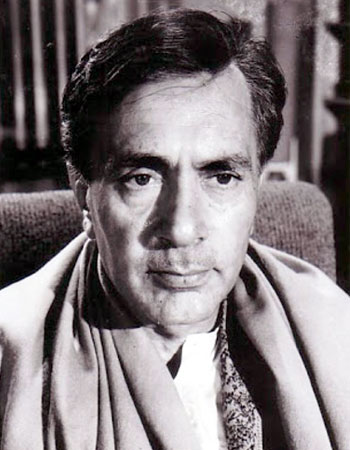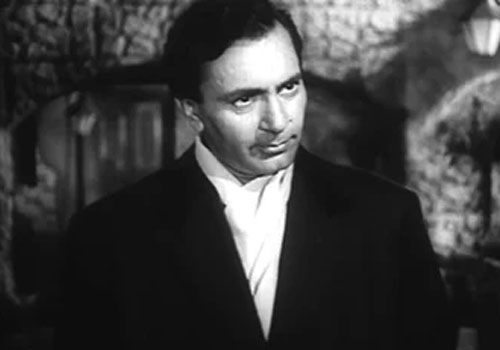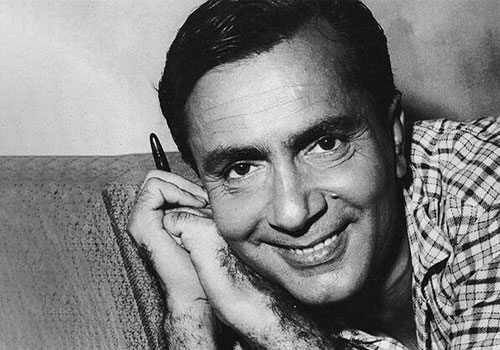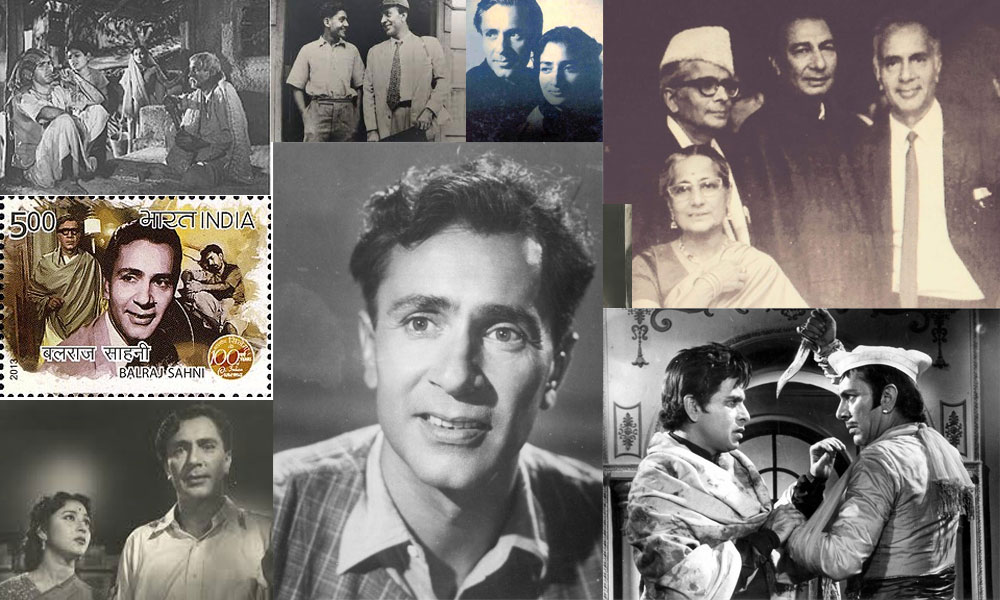Balraj Sahni (बलराज साहनी)

Balraj Sahni was an Indian film and stage actor. He was born on May 1, 1913, in Rawalpindi, British India. Sahni was a prolific actor, and his career spanned more than four decades. He is best known for his roles in critically acclaimed films such as "Dharti Ke Lal" (1946), "Do Bigha Zamin" (1953), "Anuradha" (1960), "Kabuliwala" (1961), "Waqt" (1965), "Do Raaste" (1969), and "Garm Hava" (1973).


Sahni was the son of Harbans Lal Sahni. Sahni studied at Government College in Lahore, where he developed a passion for acting. He also studies at Gordon College. After completing his master's in English literature, he joined his family's business in Rawalpindi. He was married to Damayanti Sahni. He had three children, including Parikshit Sahni. He, along with his wife, joined Vishva Bharti University in Shantiniketan, Bengal, as professors of English and Hindi. He also worked with Mahatma Gandhi and George Orwell during his time as a BBC radio announcer in England.
In the 1930s and 1940s, Sahni began his career as a stage actor. He joined the Indian People's Theatre Association (IPTA). He started his film career with "Insaaf" (1946), followed by "Dharti Ke Lal" in the same year. His breakthrough movie was "Do Bigha Zamin," which gained him international recognition, and he also won an award at the Cannes Film Festival. Over the next few decades, he acted in over 50 films and became one of the most respected and admired actors in the Indian film industry. He was known for his naturalistic acting style and for his ability to portray complex and nuanced characters on screen. He acted opposite some of the greatest heroines of the Indian film industry, including Nargis, Meena Kumati, Nutan, etc. He is widely remembered for his song "Ae Meri Zohra Jabeen." His last recorded line was, "Insaan Kab Tak Akela Jee Sakta Hai?"
In addition to his acting career, Sahni was also a gifted writer. He dabbled in English literature first and then switched to Punjabi literature. He also wrote "Mera Pakistani Safarnama," "Mera Rusi Safarnama," and "Meri Filmi Aatmakatha." all of which were well received by literary critics. He was the first president of the All India Youth Federation. The organisation itself was a huge success. He also did screenwriting for some movies, including Baazi. He was awarded the Padma Shri for his contributions by the Government of India in 1969. On April 13, 1973, he died of a cardiac arrest.

In conclusion, Balraj Sahni was a brilliant and talented actor who left a lasting impact on the Indian film industry. His naturalistic acting style, coupled with his ability to portray complex and nuanced characters, set him apart from his contemporaries. The Arora-Khatri team thanks him for his contributions.
Leave Your Suggestion